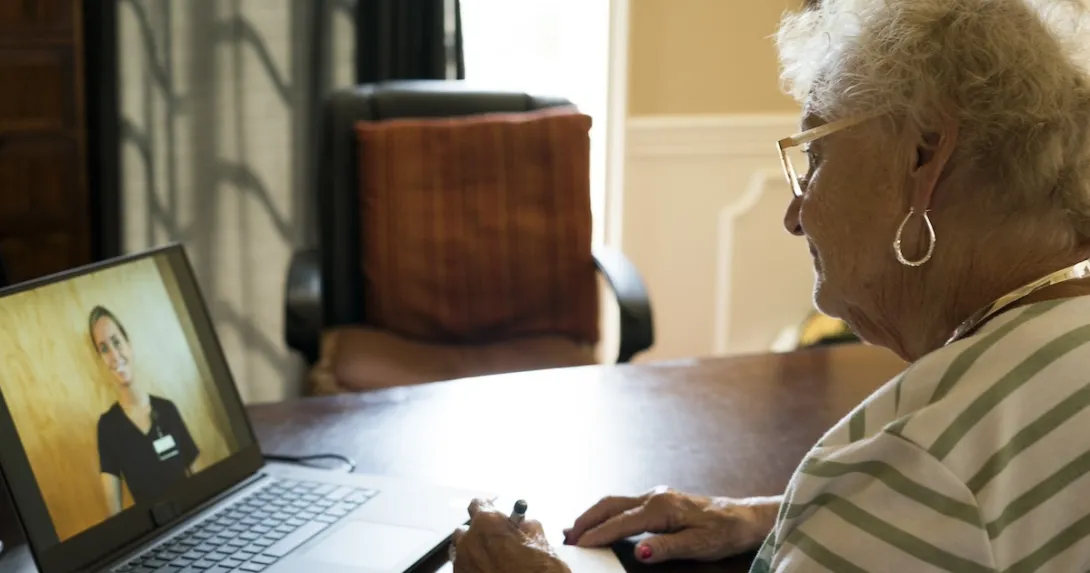
Women's health company Teal Health announced it garnered an additional $10 million in seed funding to support the launch of the Teal Wand, an at-home, self-collect cervical cancer screening device, which is currently under review by the FDA.
The additional capital will bring Teal Health's funding to $23 million.
Emerson Collective and Forerunner led the round with participation from Serena Ventures, Metrodora and its newest partner, Labcorp.
The latest funding comes in the wake of a $1.68 million Small Business Innovation Research (SBIR) grant from the National Cancer Institute and FDA Breakthrough Device Designation.
WHAT IT DOES
Teal Health's aim is to create an at-home option for women to screen for cervical cancer as well as provide telehealth follow-up.
"The pap smear collection process has remained unchanged since its inception in the 1940s," Kara Egan, CEO and cofounder of Teal Health, told MobiHealthNews.
"This absence of innovation and advancement in women’s health is largely due to the lack of funding and institutional support, which is why we at Teal are eager to help close the gender gap in healthcare," Egan said. "With the TealWandTM, we’re addressing the decrease in testing by giving women the power to perform their screening in the comfort of their homes, getting us one step closer to eliminating cervical cancer in the U.S."
MARKET SNAPSHOT
According to the National Cancer Institute, the goal of screening for cervical cancer is to find precancerous cervical cell changes, when treatment can prevent cervical cancer from developing, because sometimes, cancer is found during cervical screening. When cervical cancer is found at an early stage, it is usually easier to treat.
Medicare Part B (Medical Insurance) covers Pap tests and pelvic exams to check for cervical and vaginal cancers. Medicare covers these screening tests once every 24 months in most cases. For someone at high risk for cervical or vaginal cancer, or is of child-bearing age and had an abnormal Pap test in the past 36 months, Medicare covers these screening tests once every 12 months.
Other digital health companies offering home testing services include Cologuard, which offers an at-home screening test for colon cancer, and Nurx, which markets an at-home screening test for the Human papillomavirus (HPV).


